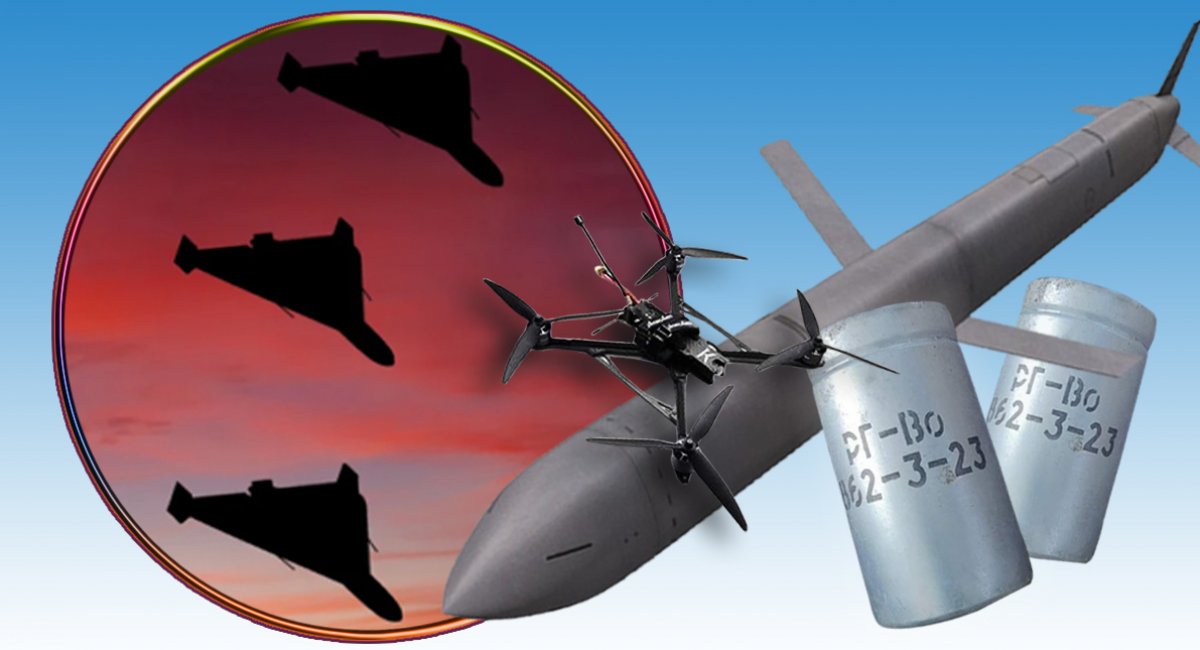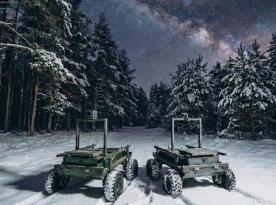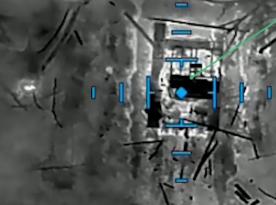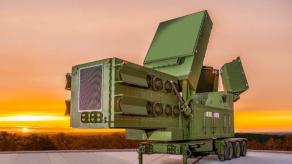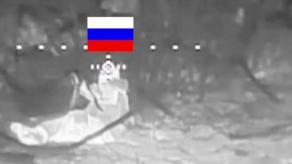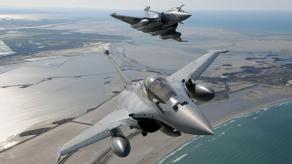It is noted that russia is modernizing old weapons and also inventing and developing new ones. russians face the same problem as Ukrainians, primarily involving significant asymmetry on the battlefield. So, modern heavy weaponry, such as a tank, can be destroyed by a small FPV drone costing less than a thousand dollars.
This is discussed in the video by United24.
Read more: Unexploded Kh-101 Warhead Shows russia Uses Missiles Fresh From Conveyor For Shelling Ukraine
Some of the weaponry featured in the video is still in the testing phase.
In the video, United24 introduced some of the latest russian developments and explained what makes them so dangerous.
Maritime
After Ukraine achieved success with its recently developed maritime drones (Sea Baby kamikaze drone - e.d.), russia evidently felt the need to catch up.
However, their most notable achievement at the moment is the Oduvanchik strike maritime drone. Though structurally very similar to Ukrainian models, the russian drone still has several key differences, indicating potentially different tasks set before it.

According to the russians propaganda resources, it has a range of 200 km and a top speed of 80 km per hour, and can carry a payload of 650 kg.
The drone was ordered in a quantity of ten units for testing. Reportedly, these tests are scheduled to take place directly in the combat zone against Ukraine.
Poison gas
According to Captain Andrii Rudyk, a representative of the Centre for the Research of Trophy and Prospective Weapons and Military Equipment of the General Staff of the Armed Forces, in December 2023 alone, russia used grenades containing poisonous gas a total of 81 times.
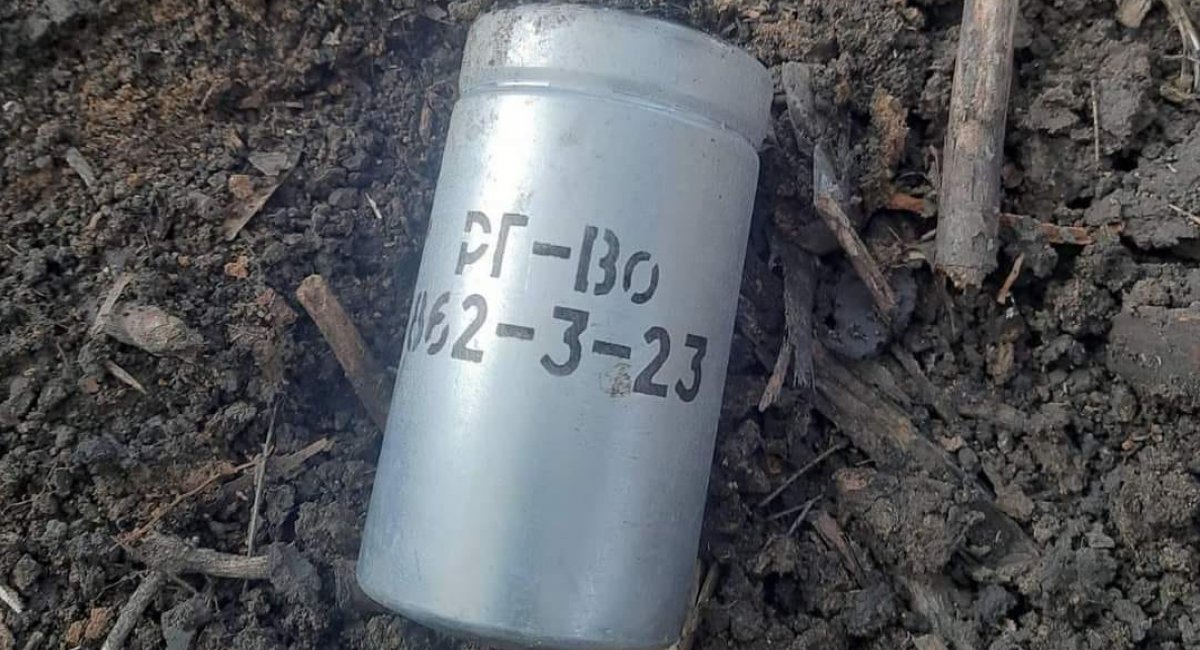
The new model of gas grenade is named the RG-VO. The grenade contains chloroacetophenone, an asphyxiate gas that is prohibited by the Geneva Protocol for the Prohibition of the Use of Asphyxiating, Poisonous, or Other Gases, and of Bacteriological Methods of Warfare.
Night vision FPVs
The russians have apparently managed to mass-produce night vision FPVs to the extent that since the beginning of winter, they're really causing some havoc.
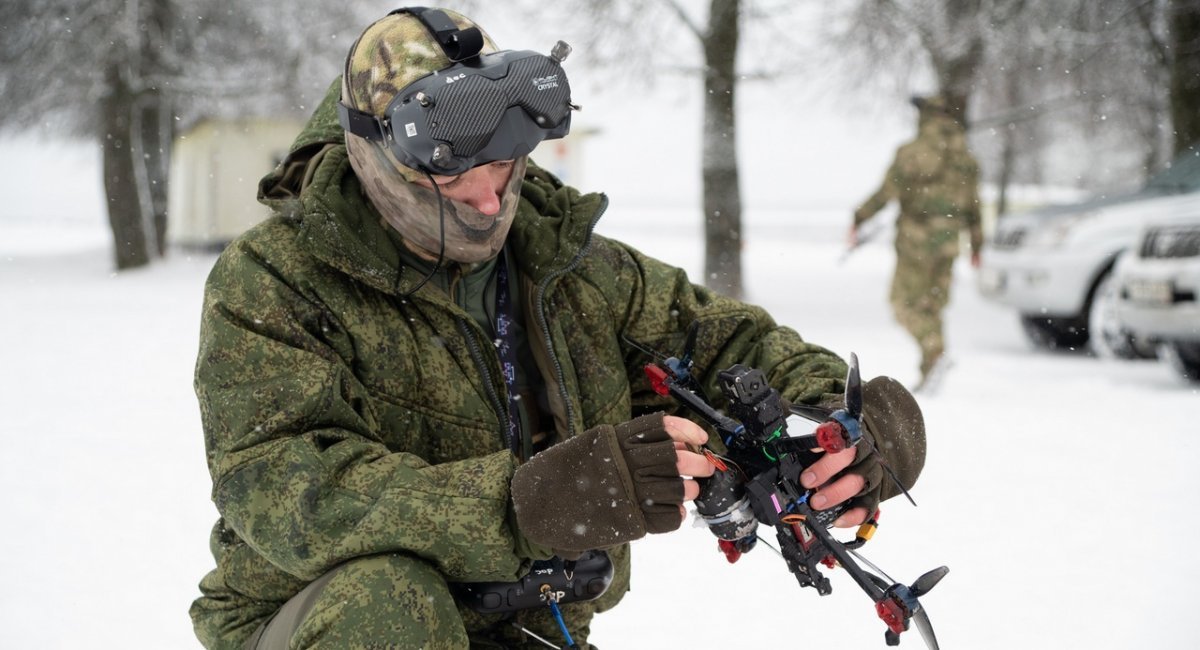
The cameras on these FPVs range from simple models available for around $50, like the RunCam Night Eagle 3. The russians have also been using affordable thermal models like the UTi260M, which costs around $290, or the Victor 328B, which costs $340.
Shaheds
There have also been many reports of newly modernized Shahed suicide drones, for example, the Shahed-107, which is supposed to have the ability to detect Western modern air defense systems, or the Shahed-238, which has a jet engine instead of a propeller.
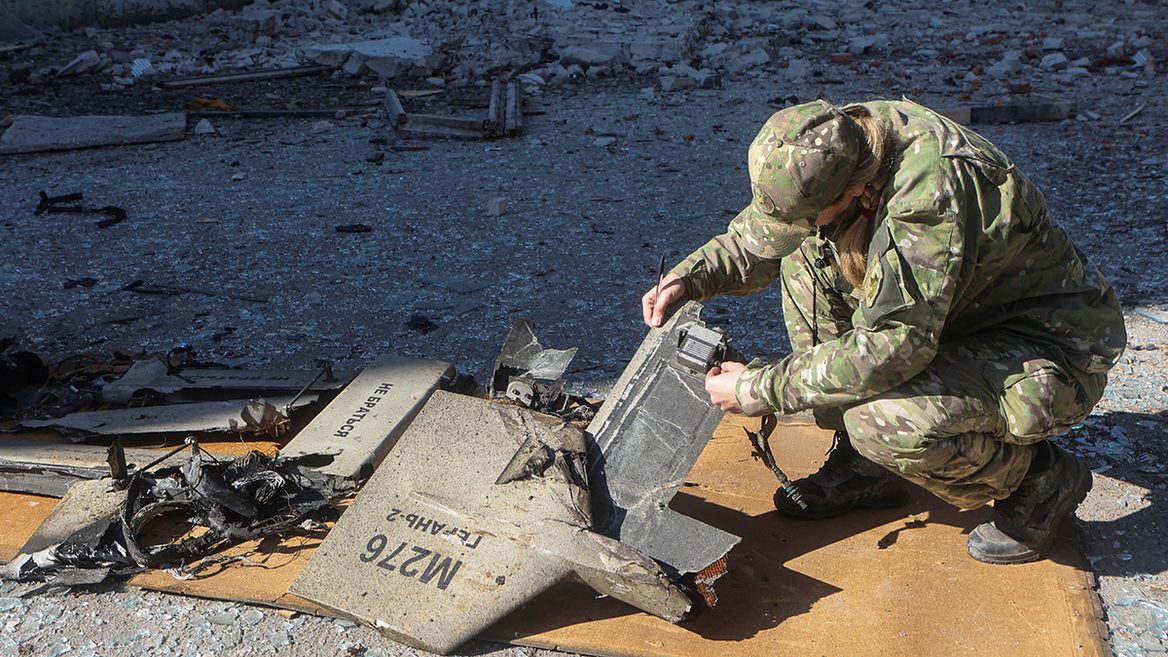
According to the russians, it can travel at speeds exceeding 800 km per hour. Neither Ukraine nor russia has officially confirmed the appearance of the new Shahed-238 on the theater of war.
Missiles
The Kh-101 cruise missile is one of the primary types of long-range missiles that the russian federation employs for massive strikes on Ukraine.
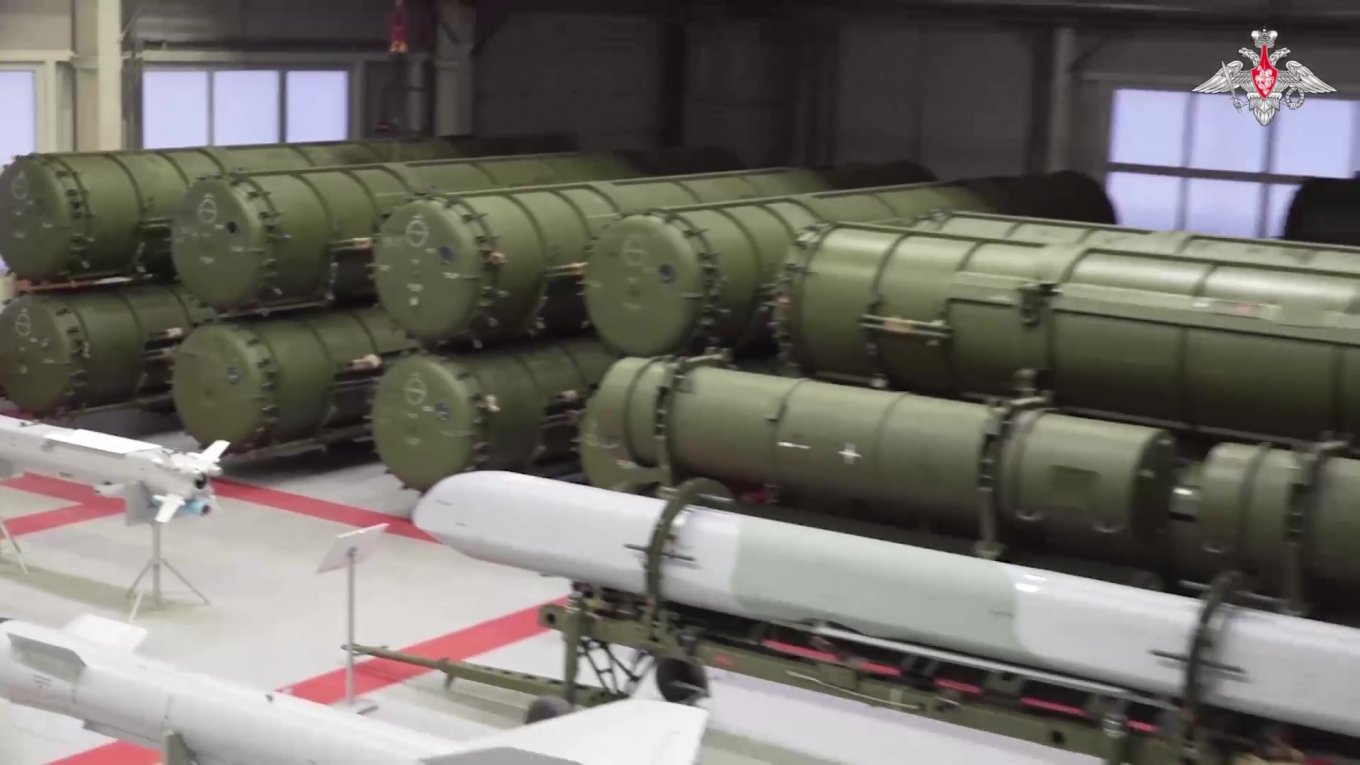
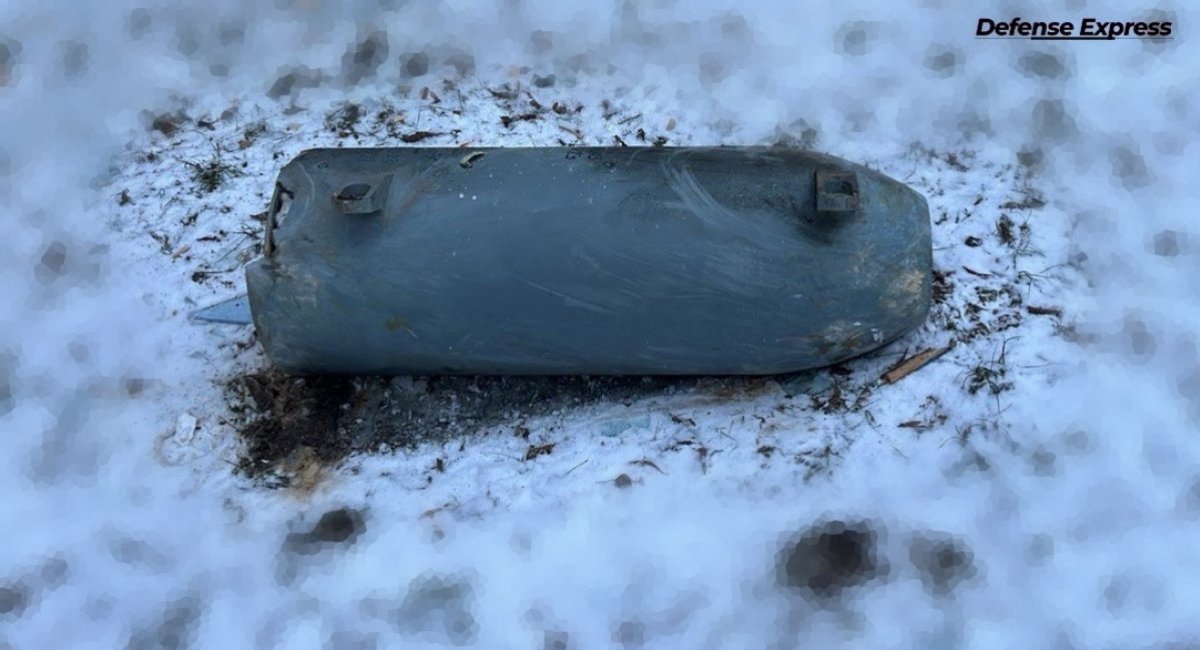
Electronic Warfare
Also mentioned in the United24 video are electronic warfare systems against Ukrainian drones, such as Python, Harpoon, and Silok-01.
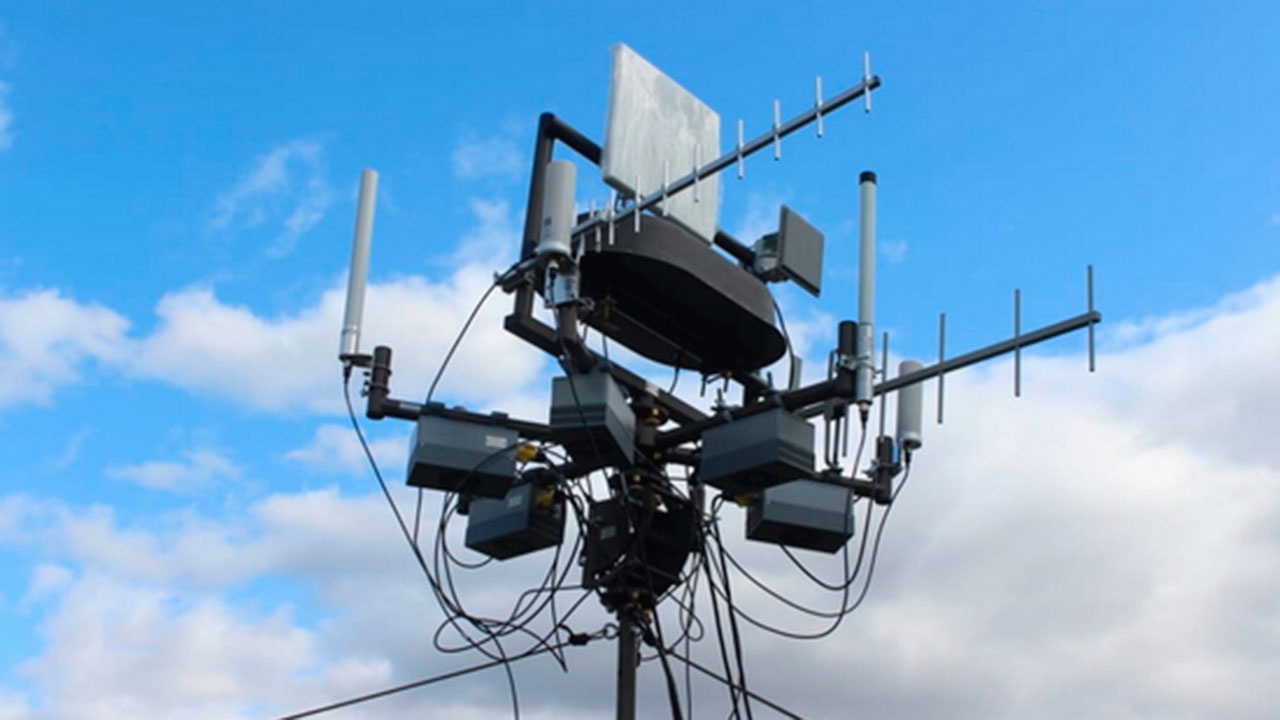
The russian defense industry is likely unable to fully equip the new reserves with technology and weaponry, despite the russian military's ability to sustain current operational tempo and efforts to expand russia's defense capabilities, according to a report from the ISW.
Read more: New Threat: russian Forces Use FPV Drones with Machine Vision and Automatic Target Acquisition




